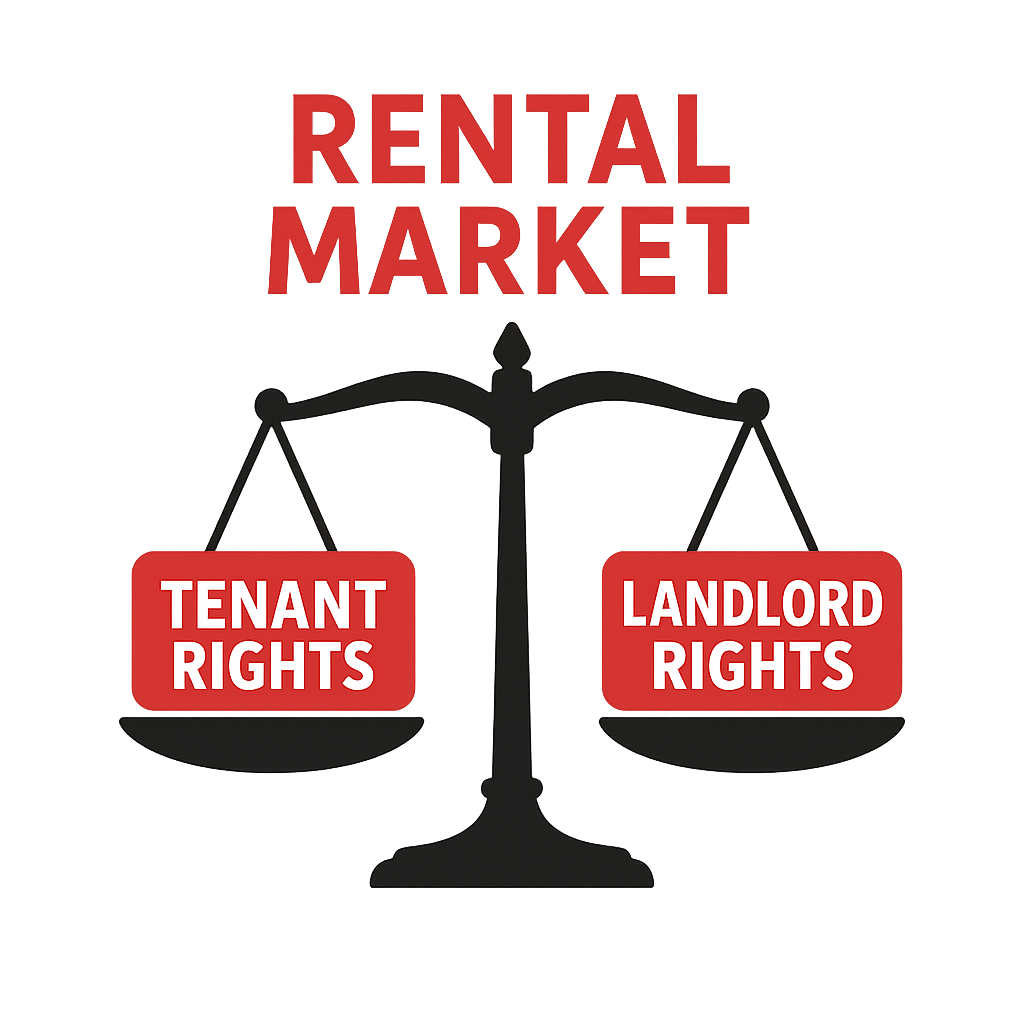Bill 60 & Schedule 12: What’s Changing and When It Takes Effect
With the passage of Bill 60 yesterday at Queen’s Park, Ontario has taken a meaningful step toward fixing one of the most persistent challenges in the rental housing system: the backlog and delays at the Landlord and Tenant Board (LTB).
For those of us working directly with tenants, landlords, and housing providers, Schedule 12 is the part of the bill worth watching most closely (though as a licensed real estate broker, there’s plenty in the rest of the legislation that deserves attention on the housing-supply side,…likely a future post).
A healthy rental market isn’t about choosing sides - it’s about balance, fairness, and predictable rules for everyone.
So,…what exactly is Schedule 12?
It introduces reforms intended to:
• speed up LTB hearings, especially for arrears-based applications
• reduce procedural bottlenecks that contributed to months-long delays
• expand adjudicator capacity and support staffing
• modernize processes, allowing more matters to be handled administratively
• strengthen accountability tools so action can be taken when required
Why this matters,….and it VERY much does.
These changes reflect what many of us already know: the rental conversation in Ontario has become highly politicized and, in some cases, unfairly characterized.
The exaggerated image that often shows up in mainstream commentary,… the top-hat-wearing landlord with a monocle and jewel-encrusted walking stick, shaking the last penny out of a tenant’s pocket, makes for a dramatic headline, but it’s not reality.
The truth is simple: neither tenants nor housing providers benefit from a system that can’t respond in a reasonable timeframe.
Delays erode trust, destabilize housing, and undermine the very safeguards the Residential Tenancies Act is supposed to provide.
A healthy rental ecosystem is one where:
rules are enforced
bad actors on both sides are held accountable
and education and clarity take priority over the exaggerated stories that distort the public narrative
When do these changes take effect?
As with most Ontario legislation:
• Bill 60 takes effect upon Royal Assent, but only for the sections specified in the bill
• Most of Schedule 12 will come into force on a date to be proclaimed by the Lieutenant Governor
In practical terms, this means:
• some administrative and regulatory-enabling sections begin immediately, allowing implementation work to start
• operational changes, including hearing procedures and timelines, will roll out gradually, expected over the course of 2025, as regulations are finalized and resources are deployed
A phased approach is standard for tribunal reform and helps avoid unintended disruption to active cases.
Looking Ahead
Despite the louder narratives, the vast majority of tenants and small-scale landlords in Ontario have respectful, stable relationships. A functional LTB protects that reality by:
reducing uncertainty
preventing disputes from escalating
ensuring fair outcomes based on evidence,…not delay
And to be clear: there remains no excuse for bad actors. Schedule 12 strengthens the ability to take timely action when warranted, while keeping the system fair for everyone else.
Bill 60 isn’t a complete solution, but it is:
a meaningful step toward restoring balance
a signal of strong provincial leadership on rental stability
and an important foundation for future affordability and housing-supply work
As implementation timelines are announced, Praetorian Management Group will continue tracking:
proclamation dates
regulatory updates
operational changes at the LTB
impacts on both tenants and housing providers
A fair, predictable, and timely rental system benefits everyone, protecting good tenants, supporting responsible landlords, and helping keep rental housing stable across Ontario.



